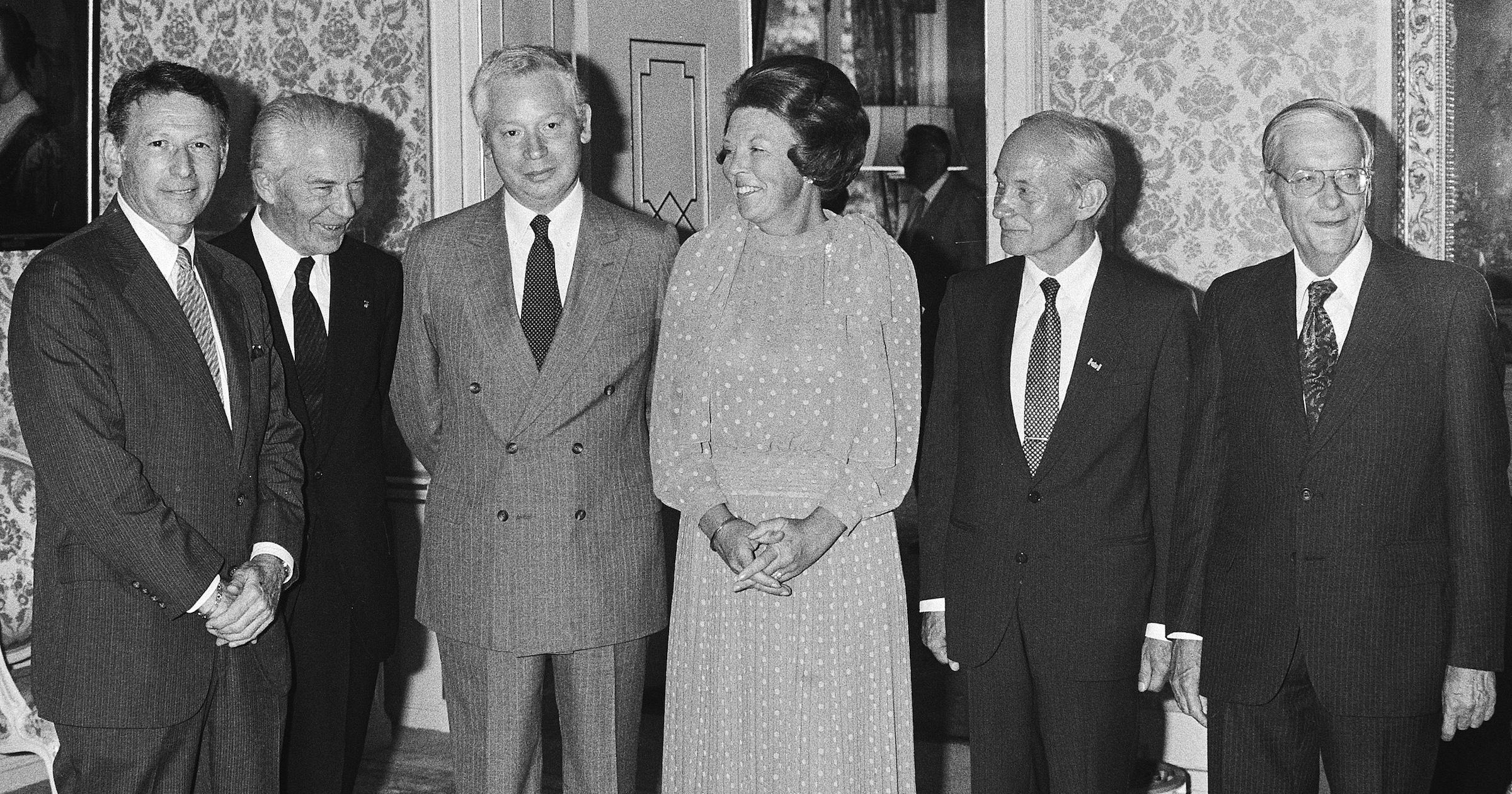 Physics, Earth & Space
Physics, Earth & Space
Farewell to Steven Weinberg, Visionary Physicist Who Appealed to the Multiverse

Physicist Steven Weinberg passed away on July 23. He is considered one of the greatest theoretical physicists of all time. He is best known for his unified theory of weak and electromagnetic forces. This work earned him the Nobel Prize, with physicists Sheldon Glashow and Abdus Salam, in 1979.
Weinberg was born to Jewish immigrants in New York City in 1933. His interest in science was encouraged by his father at a young age, leading him in his teens to focus on theoretical physics. He earned an undergraduate degree from Cornell in 1954, and he completed his PhD in particle physics at Princeton in 1957. His career included faculty positions at Berkeley, Harvard, and MIT, and he was appointed as Senior Scientist at the Smithsonian Astrophysical Observatory. He conducted key research in several areas of theoretical physics and even predicted the existence of the Higgs Boson.
Weinberg was particularly admired for his visionary approach to his field. He would reinterpret theoretical concepts in new ways and apply them to our understanding of fundamental physics. His overarching desire was to unify all of physics under a single model, often referred to today as the theory of everything. He is considered one of the truly great physicists, transforming the way we look at the universe.
An Appeal to the Multiverse
A sad note in Weinberg’s life was that his philosophical framework prevented him from seeing the design behind the physics he studied. He recognized the evidence for the fine-tuning of the laws of physics, but he did not follow the evidence where it naturally leads. Instead, he appealed to the multiverse to rationalize it away. Physicist Bernard Carr observed:
To the hardline physicist, the multiverse may not be entirely respectable, but it is at least preferable to invoking a Creator. Indeed, anthropically inclined physicists like Susskind and Weinberg are attracted to the multiverse precisely because it seems to dispense with God as the explanation of cosmic design.
The result of that choice led Weinberg to lament, “The more the universe seems comprehensible, the more it also seems pointless.”
Such common misperceptions among otherwise astute and learned academics is part of the motivation that drove Stephen Meyer to write Return of the God Hypothesis. His hope is that future scientists will learn the truth about how the totality of creation, from the beginning of the universe to the beginning of life, points to a designer who can give meaning and purpose to our existence.
